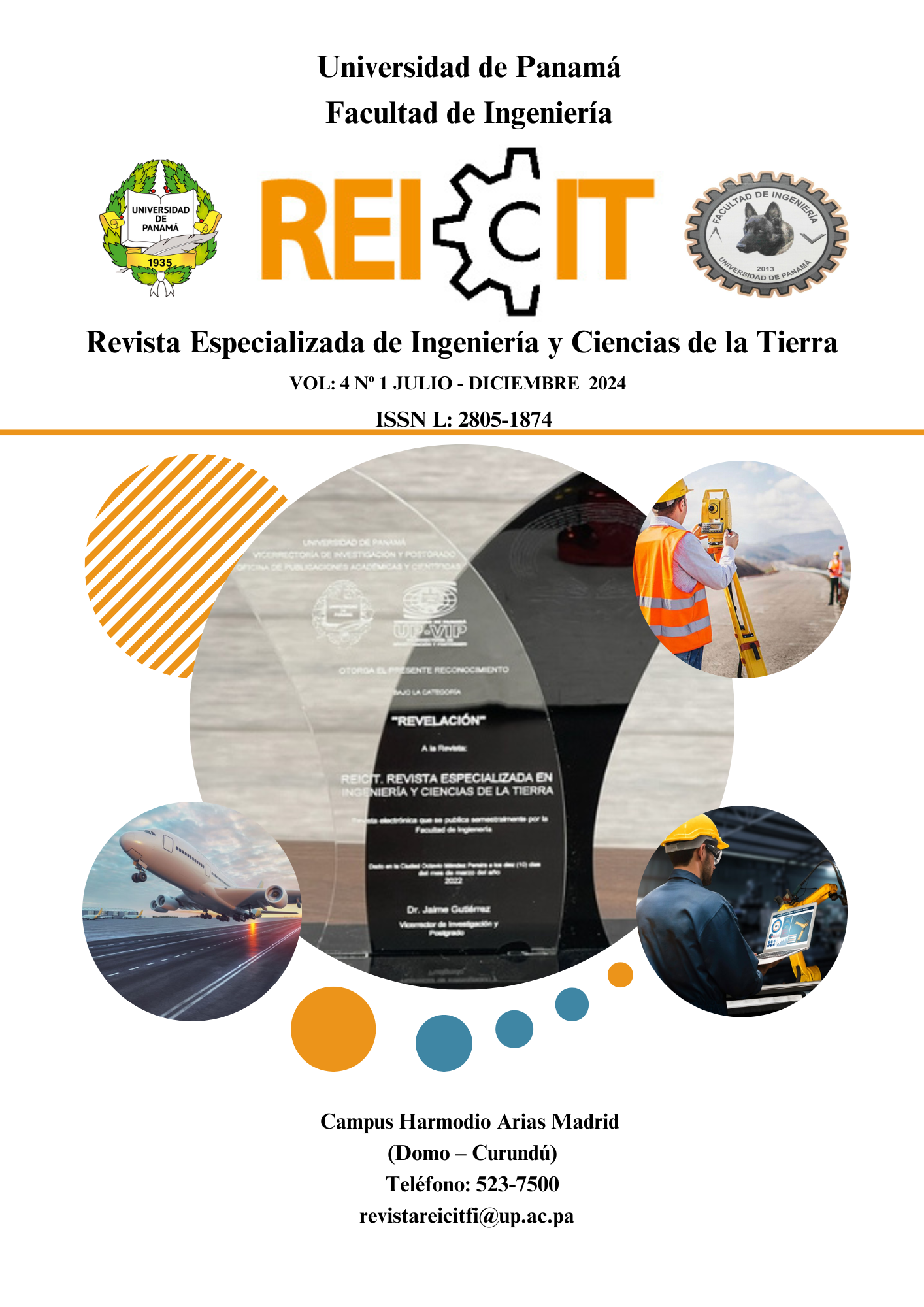

Copyright (c) 2024 REICIT

This work is licensed under a Creative Commons Attribution-NonCommercial-ShareAlike 4.0 International License.
The purpose of the following study proposal is to validate a research instrument in order to collect the necessary instrument in order to collect the necessary information to generate an institutional self-assessment methodology on the perception of institutional objectives, taking into consideration those aspects related to the university educational context. The instrument was submitted for consideration by experts in the area, applying the survey method, so that they could give their opinion on is content. Based on this information, the instrument was validated and its reliability and understandability were also measured, calculating the Cronbach´s Alpha coefficient, with which it was certified that the instrument could be applied as a self-assessment methodology. For this, the instrument was applied (in a Google Forms document) to a population sample, composed of students (29), who study at the Veraguas Regional University Center, in the third academic period of 2023. The first version of the questionnaire is constructed with eight (8) dimensions corresponding to: Clarity, scope and relevance, alignment, participation and commitment, measurement and evaluation, adaptability and flexibility, feedback and continuous improvement and finally integration into the institutional culture. Finally the questionnaire contains twenty-one items constructed with a Likert-type scale.